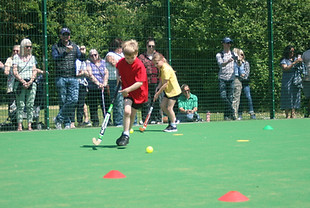
Enjoy, Respect, Achieve
Curriculum

Learning the GTPS Way
Our approach to learning is encapsulated in our motto ‘Enjoy, Respect, Achieve’ and supported by our Learner@ statements.
We provide a wide range of learning opportunities that promote academic, social, sporting, artistic and cultural learning to develop our children into well rounded learners.
A Learner@ Great Totham is encouraged to:
-
Take responsibility
-
Get stuck in
-
Make mistakes & learn from them
-
Be a problem solver
-
Persevere
We believe that promoting positive mental health and
emotional wellbeing is a key element of our role. As well
as being central to our curriculum and day to day practice, we recognise children and families may face additional challenges. We are able to offer support through class teachers and assistants, individualised support plans or through our in-house family support team.









